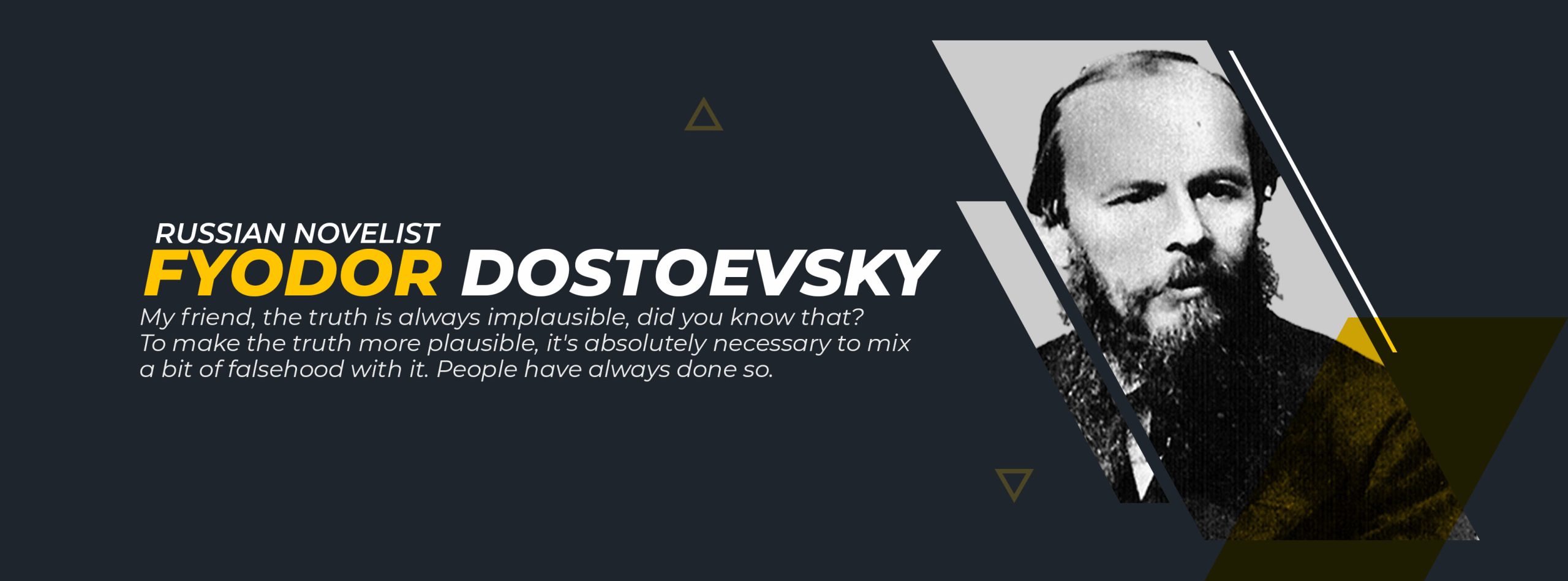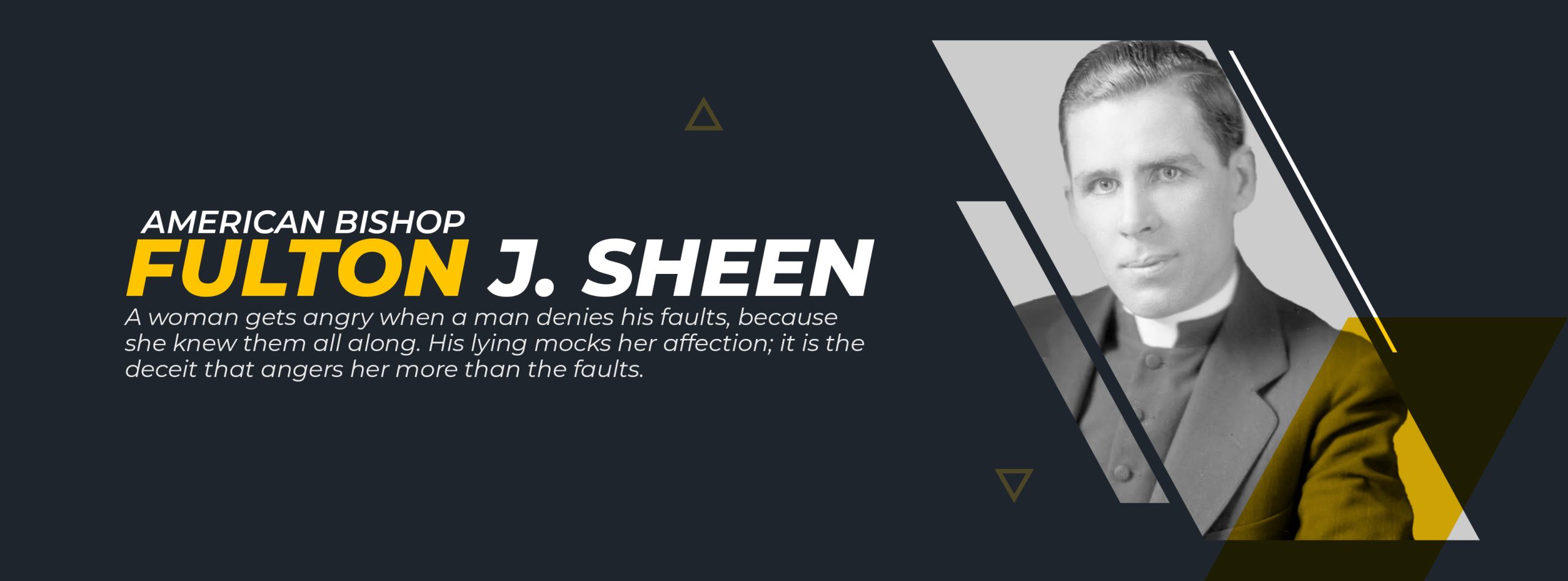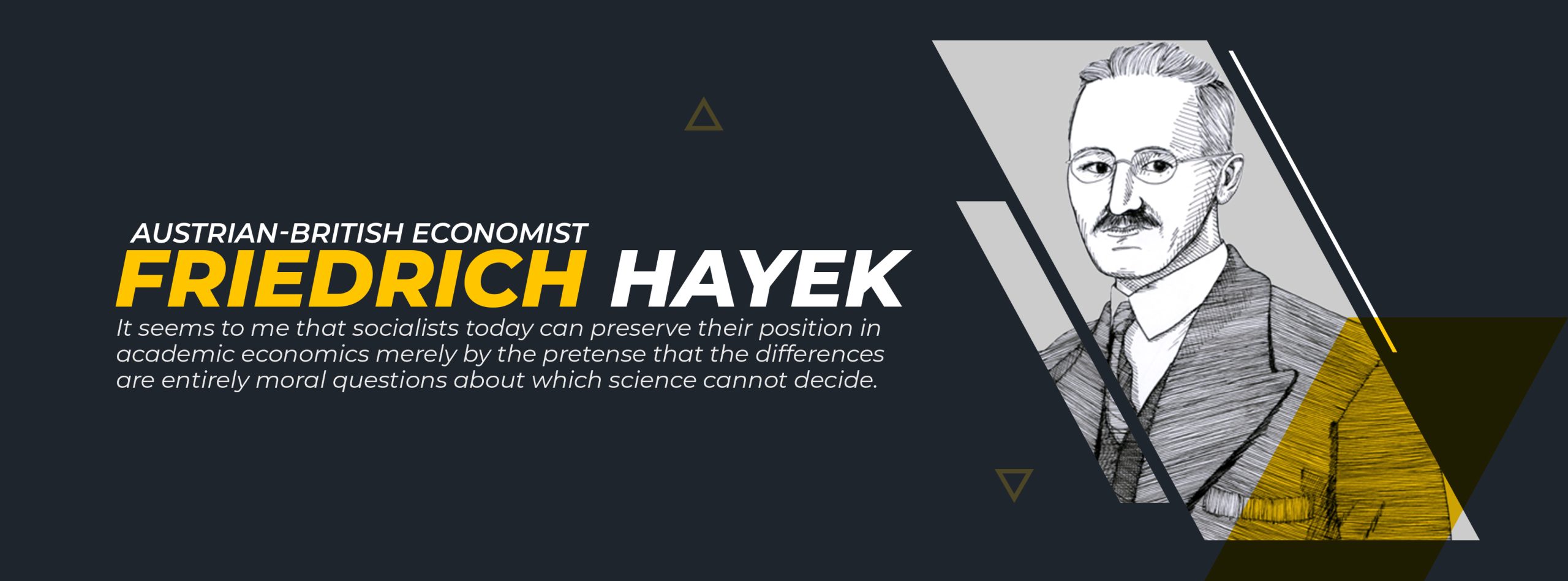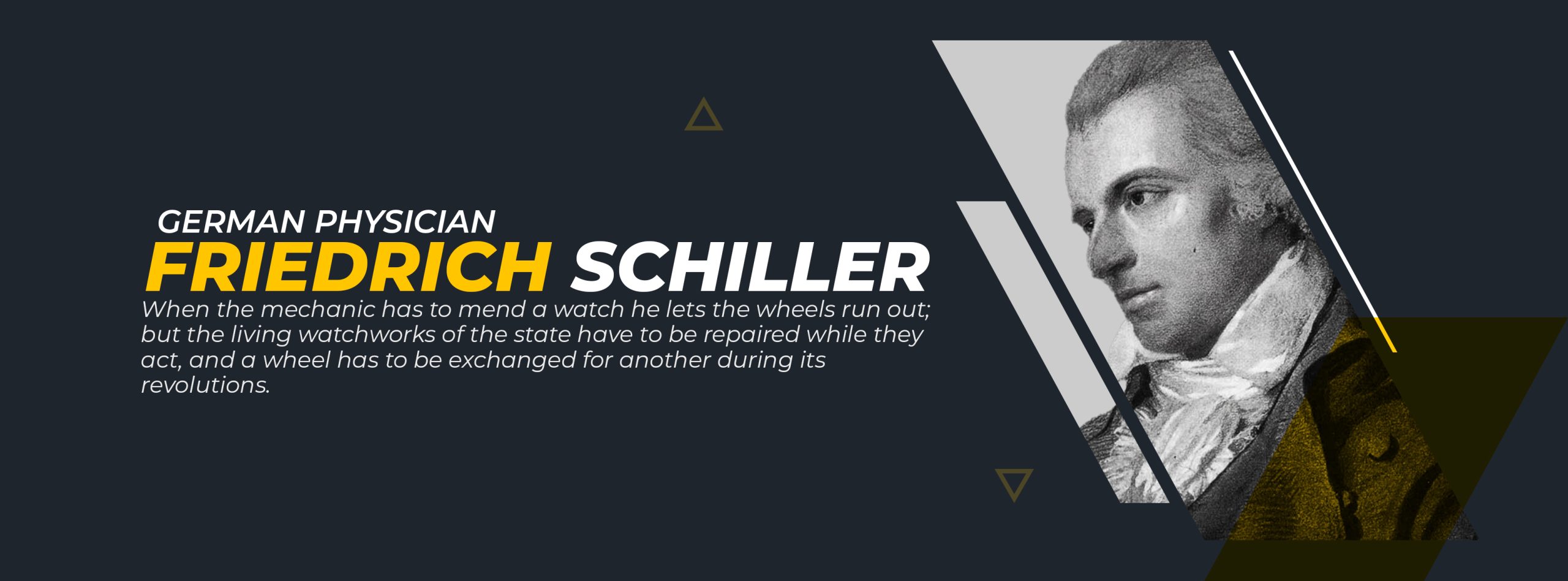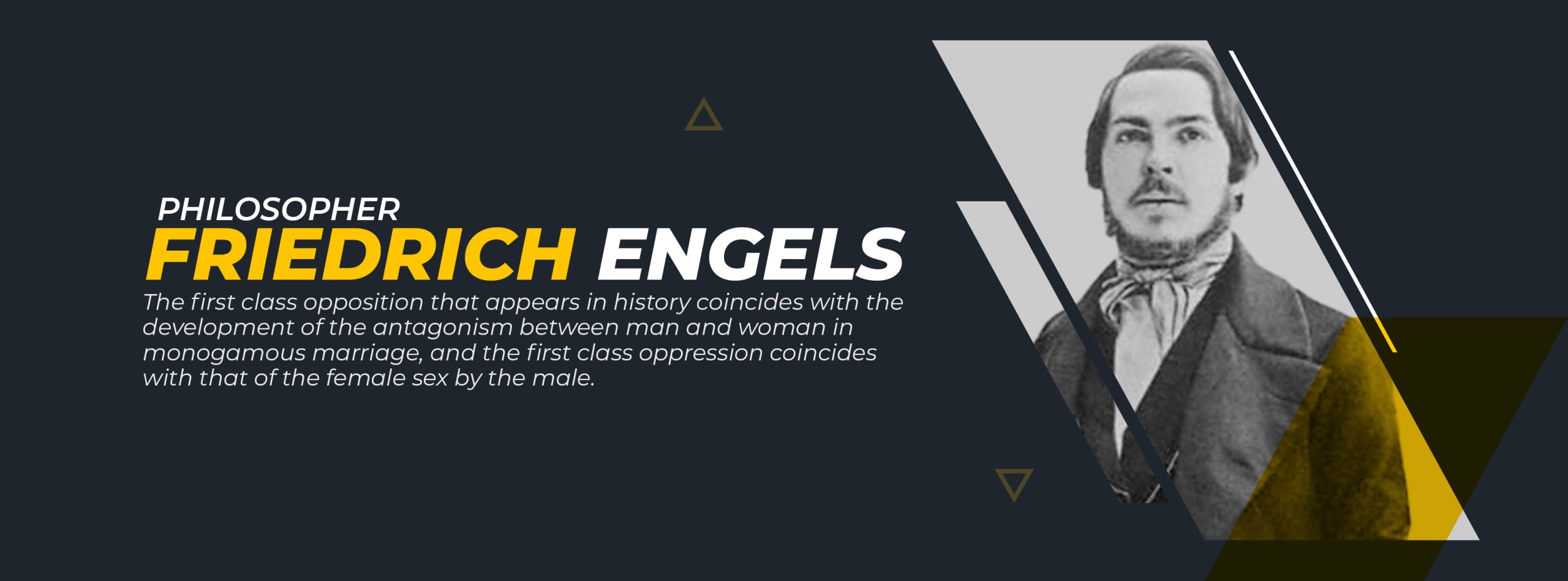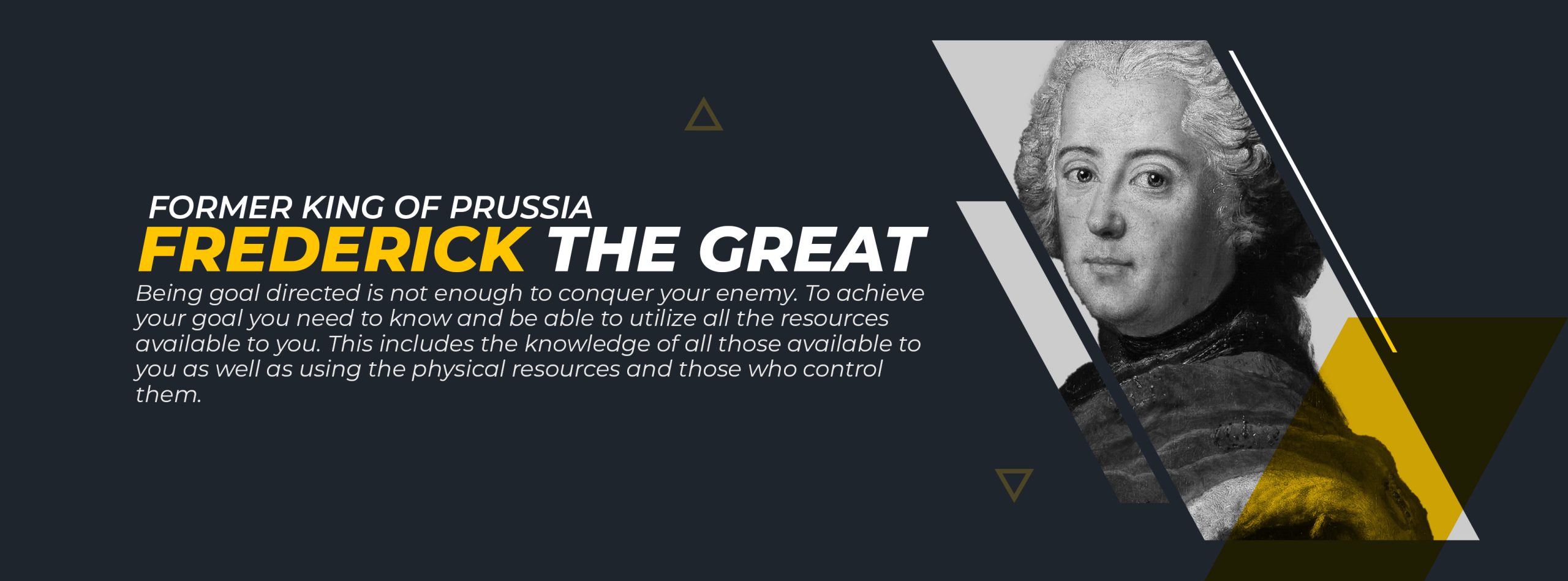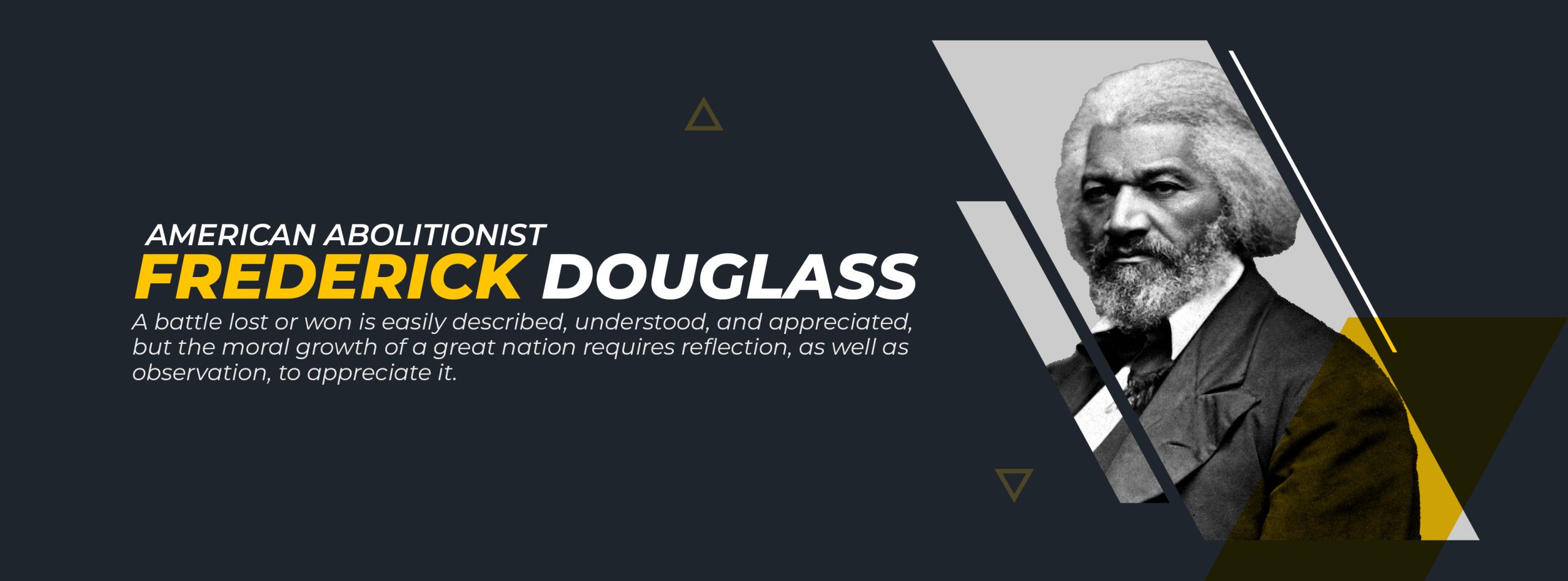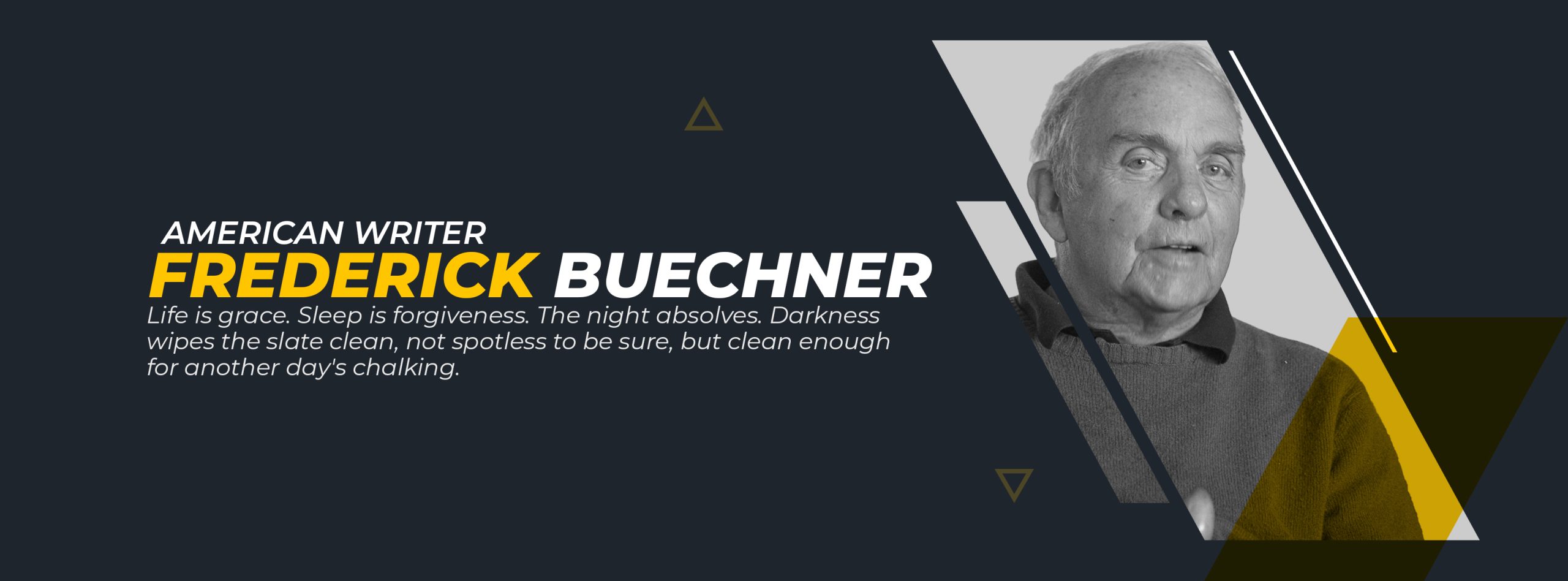Top 10 most inspiring quotes by E. B. White
- Why did you do all this for me?’ he asked. ‘I don’t deserve it. I’ve never done anything for you.’ ‘You have been my friend,’ replied Charlotte. ‘That in itself is a tremendous thing.
- I arise in the morning torn between a desire to improve (or save) the world and a desire to enjoy (or savor) the world. This makes it hard to plan the day.
- I would feel more optimistic about a bright future for man if he spent less time proving that he can outwit Nature and more time tasting her sweetness and respecting her seniority.
- A writer who waits for ideal conditions under which to work will die without putting a word to paper.
- I get up every morning determined to both change the world and have one hell of a good time. Sometimes this makes planning my day difficult.
- I am reminded of the advice of my neighbor. “Never worry about your heart till it stops beating.
- The world is full of people who have never, since childhood, met an open doorway with an open mind.
- A writer’s style reveals something of his spirit, his habits, his capacites, his bias…it is the Self escaping into the open.
- I have yet to see a piece of writing, political or non-political, that does not have a slant. All writing slants the way a writer leans, and no man is born perpendicular.
- There’s no limit to how complicated things can get, on account of one thing always leading to another.
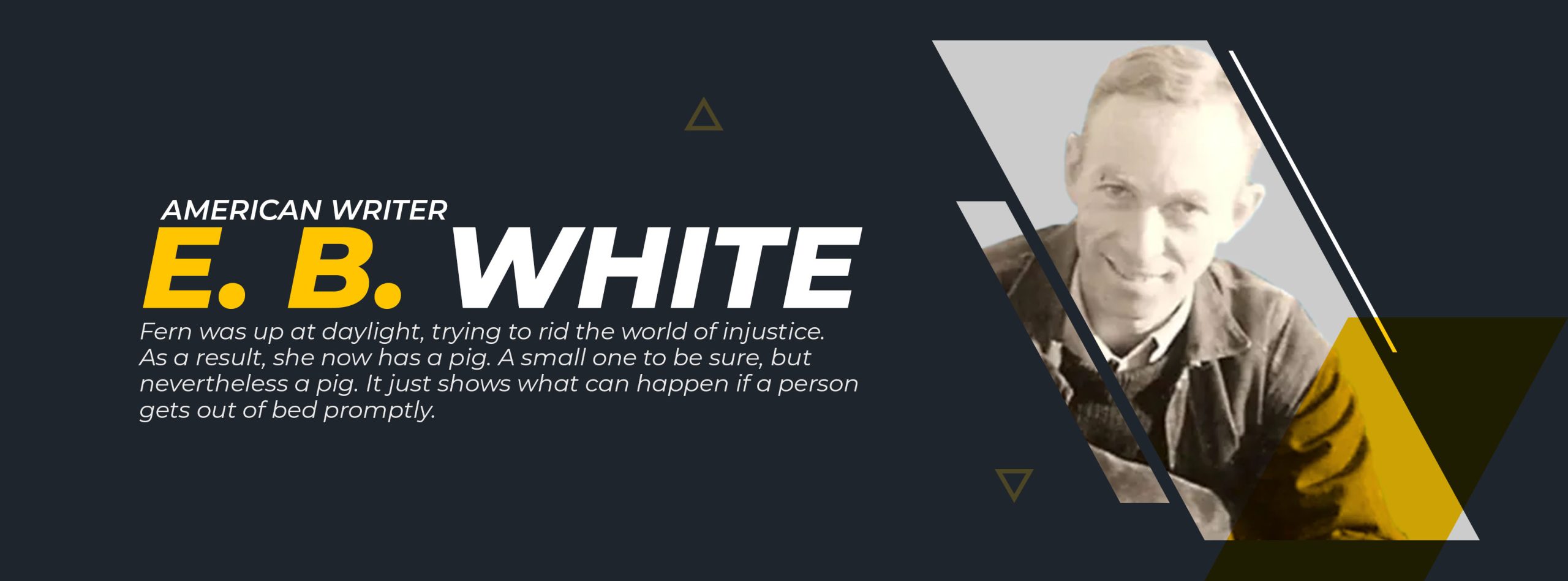
Elwyn Brooks White (1899–1985), known as E. B. White, was an American writer renowned for his contributions to children’s literature and essays. Born in Mount Vernon, New York, White displayed an early passion for writing and literature. He graduated from Cornell University in 1921.
White’s most notable works include “Charlotte’s Web,” a beloved children’s novel published in 1952, which tells the heartwarming story of a pig named Wilbur and his friendship with a spider named Charlotte. The book’s themes of friendship, empathy, and the circle of life continue to resonate with readers of all ages.
In addition to his fiction, E. B. White was a prolific essayist, contributing essays to The New Yorker magazine for over five decades. His essays often covered a wide range of topics, from the mundane to the profound, showcasing his keen observations and insightful perspectives on life, culture, and society.
White’s precise prose, gentle humor, and ability to capture the essence of human experiences made him a beloved literary figure. He also co-authored “The Elements of Style,” a renowned guide to English language usage and composition, which remains a staple in writing education.
E. B. White’s contributions to literature continue to inspire and enchant generations of readers, solidifying his legacy as a master storyteller and wordsmith.
👉Listen to the best music from all over the world at www.liveonlineradio.net #E._B._White #quotes #FM #Online_radio #radio #live_online_radio #live #world_radio


